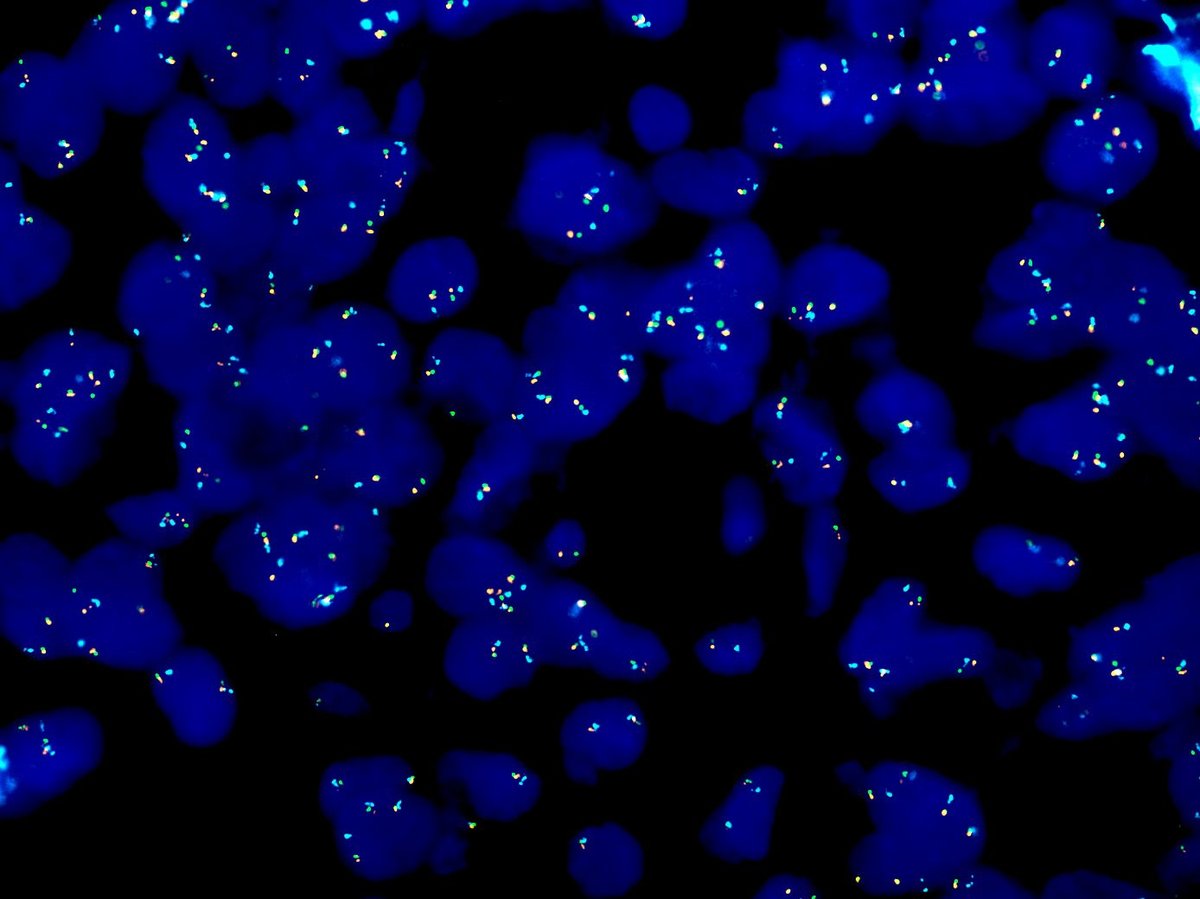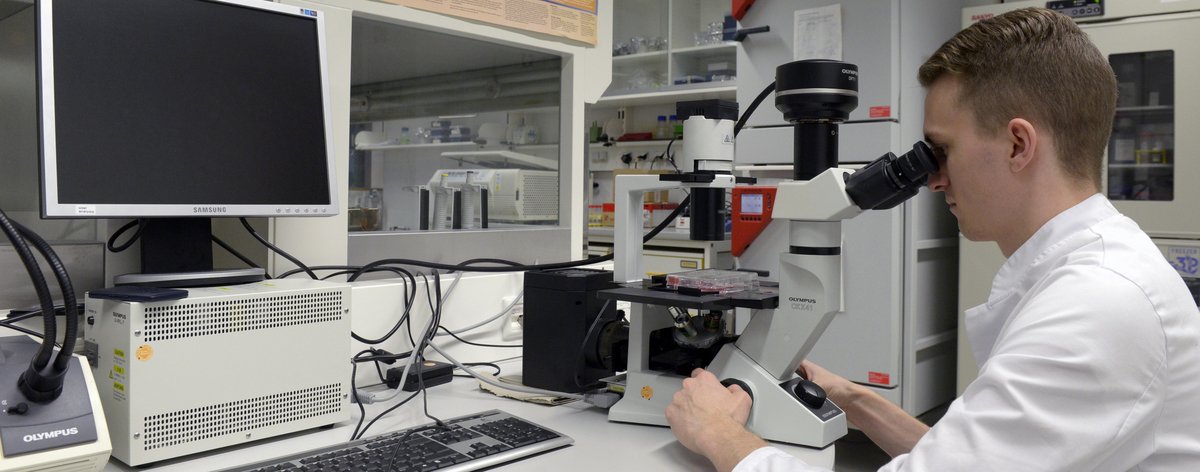Identifying Diseases with greater Precision
Researchers led by Prof. Schierack are now able to analyze several genetic defects simultaneously
In the scope of the Federal Ministry of Education and Research, BMBF, the joint project "FISHng" researchers supported by partners in Brandenburg and Bremerhaven are developing a new innovative, digital platform for improved tumor diagnostics.
Cooperating with MEDIPAN GMBH, GA Generic Assays GmbH, ZytoVision GmbH and Carl-Thiem-Klinikum Cottbus, researchers who specialize in the field of multiparameter diagnostics are working toward an extension of fluorescence in-situ hybridization, FISH for short. By applying this method, physicians will be able to map the genetic material in human cells.
Tumor tissue from a patient is analyzed in the laboratory for a specific genetic defect. The extended platform developed by the researchers led by Prof. Peter Schierack now enables running analyses for several genetic disorders simultaneously, thus obtaining a comprehensive picture of the disease at an early stage. This accounts for a faster and more cost-effective initiation of targeted treatment options. "There has not been any way to extend this analysis to several genetic defects before. Together with our partners, we are now trying to improve the time efficiency and the reproducibility of the analysis, and to reduce the costs," summarizes Prof. Schierack, departmental head of multiparameter diagnostics.
Co-project lead Dr. Stefan Rödiger adds: "This field of research is truly interdisciplinary with the strong necessity that scientists work in the intersection between bioanalytics, medicine, applied statistical bioinformatics and image analysis. We expect that the FISHng project helps us to develop new biostatistical models, which can be later used in personalized medicine, too."

To enhance the efficiency of these analyses, new dye systems and a method that allows for a fully automatic registration and evaluation of the results needs to be developed. Apart from sophisticated tumor-diagnostic analyses, the method can also be applied to identify bacterial infections. "In the future, physicians will be able to rule out tissue alterations resulting from infection, which might also lead to tumor-like alterations," says group leader Juliane Schiebel.
The joint "FISHng" project started in September 2016 and will be financed by the German Federal Ministry of Education and Research with a sum of 1.17m euros over a period of three years.

